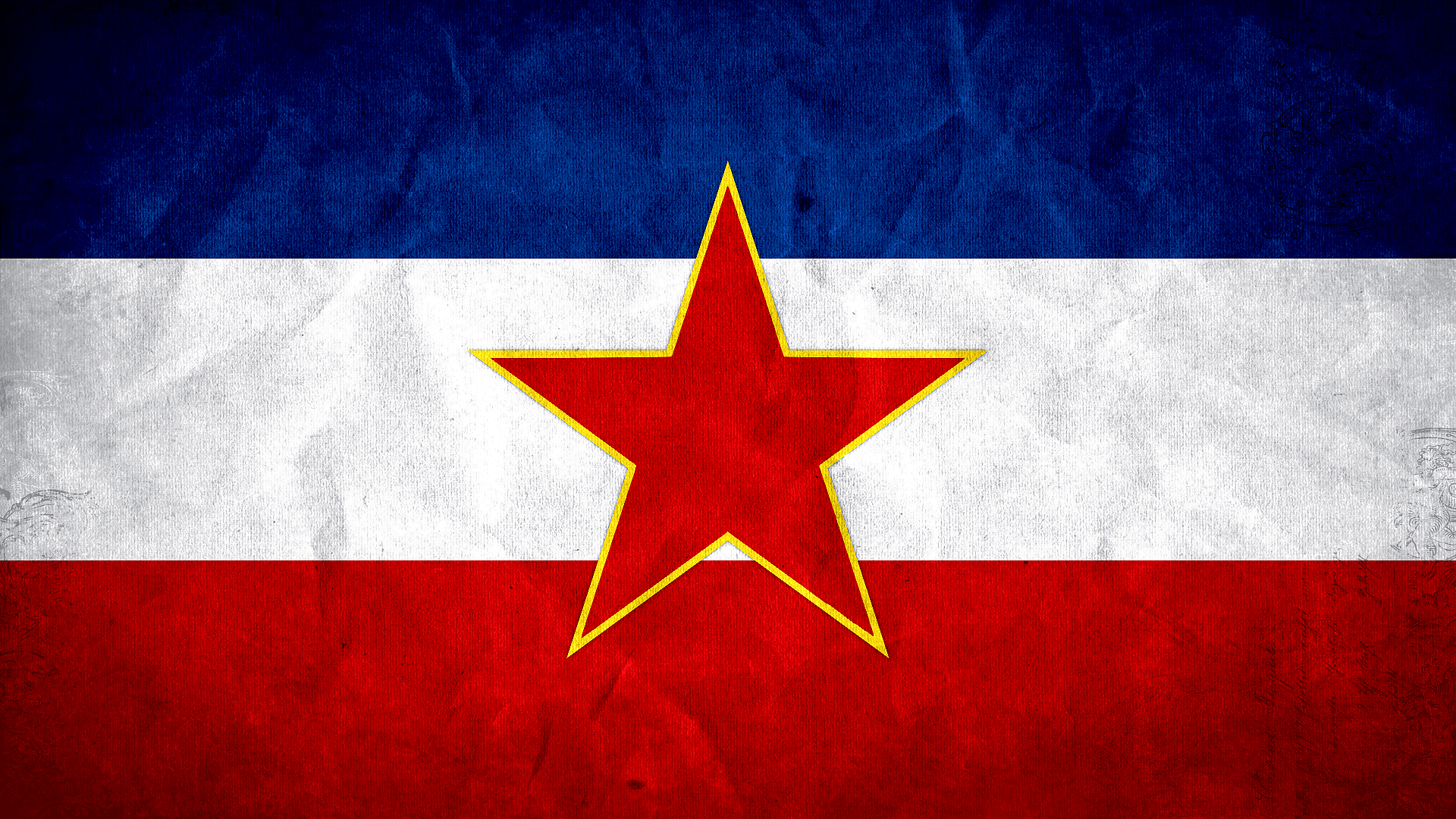So the votes are in. Scotland has voted 44.7% for
independence and 55.3% to remain within the United Kingdom. Voter turnout was
close to 87% in a display of participation greater than we have seen in any
recent election. The EU elections in May drew 33.8% of the British electorate
out of their homes to the local voting booth. It’s standard in UK general
elections for turnout to be almost twice as high as in EU elections. Consequently,
the protest vote looms large in one and not the other (at least usually this is
the case).
It was said in the run-up to the referendum that Alex
Salmond couldn’t lose either way: if it’s a ‘yes’ then Scotland becomes an
independent state, if it’s a ‘no’ then Scotland will win more powers.
Originally the proposed referendum was to include three options, not just yes
or no, but the option of maximal devolution would have been on the table too. This
led many to suggest Salmond was really pushing for greater powers. If Salmond
was aiming for independence then this might not be the end of the story, as we
have seen in Quebec where there have been two referendums on independence. The major
issue for Whitehall is how they can prevent such an occurrence in the British
Isles.
No wonder then David Cameron has raised the West Lothian
question. He speaks of a ‘devolution revolution’ for the English and not just
Scotland, Wales, and Northern Ireland. Endless bifurcation has its appeal to
international capitalism as each entity can be picked off, its economy chiselled
and its workforce disciplined. The appeal is to English parochialism, the same
mobilising force behind UKIP, Powellism, and the EDL, can be seen as a move to
strengthen the rightward trend of British politics through coalescence and
triangulation. Boundary changes would have to be made in any large-scale constitutional
shake-up in a country where such questions have been held-off for far too long.
So devolution may not necessarily result in an automatic Conservative
stranglehold in Westminster.
Decentralisation in a neoliberal world would suit Cameron
and his party just right. The Conservatives are facing inexorable decline,
having only increased their share of the vote by 3% in 5 years against the
Brown government. It’s highly unlikely for any governing party to increase its
share of the vote, even if you have the Liberal Democrats as human shields.
Meanwhile, the Labour Party lacks any vision or impetus to stand up for its
traditional social base. The bet may not be for a rejuvenated Tory Party, that
fight may have already been lost. It’s not just that the social democratic
model is rotting before our eyes; the old Toryism is going the way of the dodo
too. In that regard, what is left but to fall back on the trilateral consensus
and devolve the Union into a morass entrenching austerity.
As for the Scottish National Party, it was once the case
that the left-right coalition (which composes the SNP) was set to break apart
once they had achieved independence. It looks unlikely that will be the case as
long as Scotland remains within the UK. Salmond will try to maintain the public
services and welfare provisions in Scotland for as long as he can. Additional
powers may help this, or hinder this, it’s difficult to foresee. It still is
the case that the SNP is not a socialist party, it isn’t even a republican
party, and it was willing to accept NATO, as well as international free-trade
agreements, and the vanity projects of Donald Trump. I can see the ultra-left
in Scotland pinning the blame on the SNP for not being pure enough and Salmond
will rebuke this with the language of pragmatism.
This post was written as an immediate reaction to the outcome of the referendum on Scottish independence. It will be reproduced at Souciant later.










